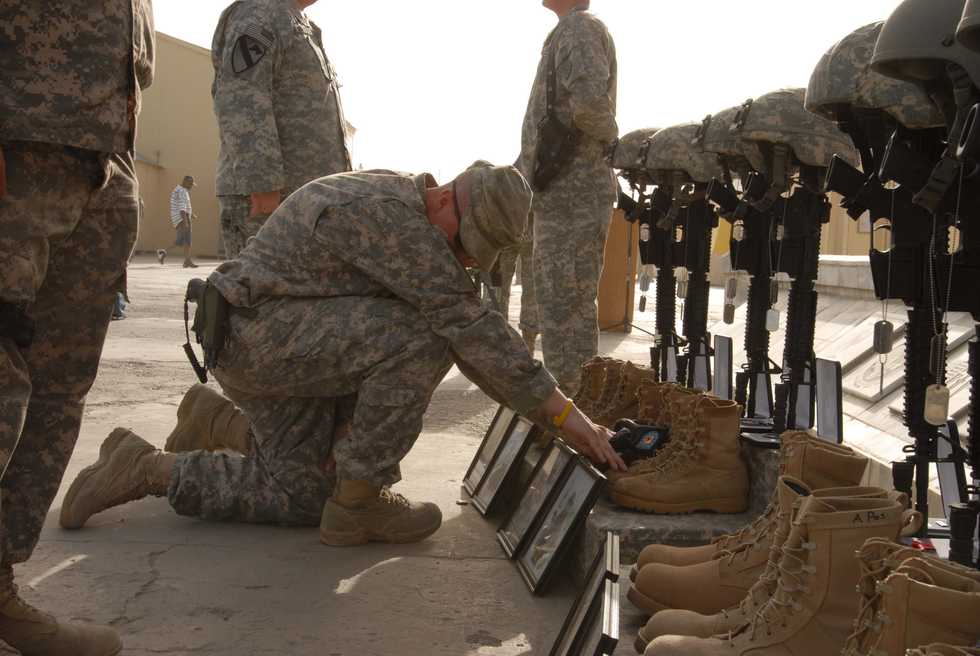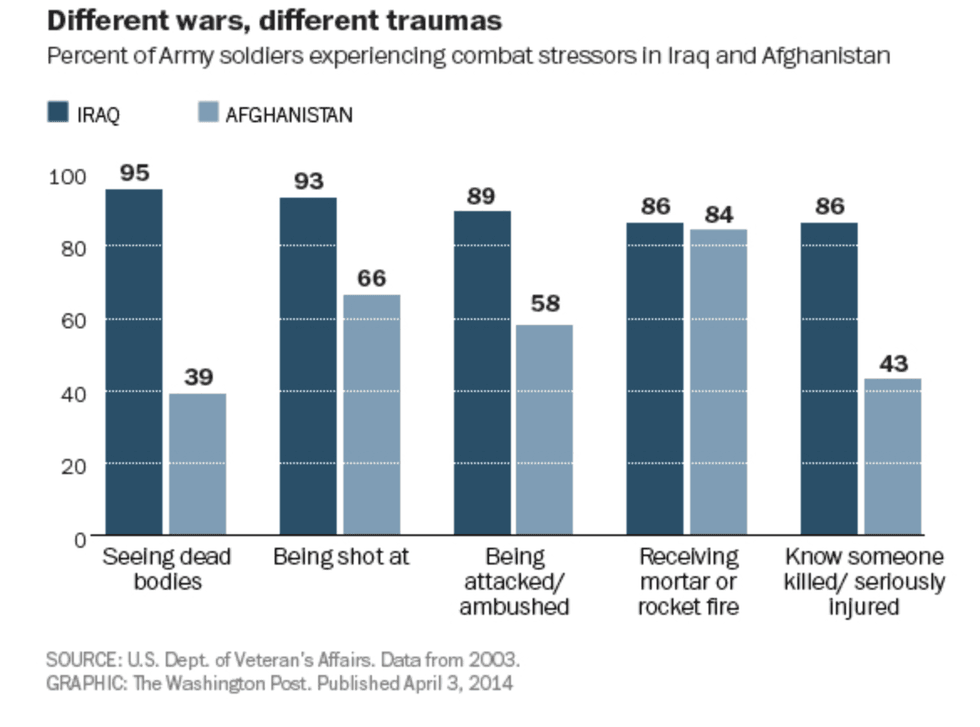This past Friday the nation commemorated the anniversary of Sept. 11.
Fourteen years ago, terrorists hijacked four commercial planes, two of which crashed into the World Trade Center, the Pentagon, and in a field in Pennsylvania. Nearly 3,000 lives were lost in the deadliest attack on American soil in history.
The international military campaign known as the War on Terrorism began after the events of Sept. 11. The United States, along with a coalition of other countries, sought to destroy al-Qaeda and other terrorist organizations responsible for the attacks.
Reflections on the post-9/11 Iraq and Afghanistan wars are often centered on the political, legal, and conceptual struggle against terrorism, its legitimacy, and economic consequence.
The impact of these wars on soldiers are often overlooked.
Operation Iraqi Freedom and Operation Enduring Freedom (Afghanistan) are the longest combat operations since the Vietnam War: producing a new generation of veterans with chronic mental health problems associated with participation in combat.
PTSD, or Post-Traumatic Stress Disorder, is an anxiety disorder that can occur following the experience of witnessing life-threatening events such as military combat.
According to Dr. Shira Maguen, a psychologist at the San Francisco Veteran Affairs (VA) Medical Center: "During war military service members are exposed to a number of potentially traumatic events--ones in which the individual's life is in critical danger, he or she is seriously injured, and/or there is a threat to physical integrity, either to one's self or to others."
A RAND study found that one in five veterans deployed to Iraq or Afghanistan suffered from PTSD or major depression. These rates are somewhat similar to those reported in other scientific studies.
Among veterans seen at VA healthcare facilities, 25 percent received mental health diagnoses, with 56 percent of these meeting criteria for two or more mental health diagnoses.
People who suffer from PTSD often relive the experience through nightmares and flashbacks, have difficulty sleeping, and feel detached or estranged, and these symptoms can be severe enough and last long enough to significantly impair the person’s daily life.
It is very common for other conditions to occur along with PTSD, such as depression, anxiety, or substance abuse. A recent study of veterans from Iraq and Afghanistan found 39 percent for probable alcohol abuse, and three percent for probable drug abuse.
50 percent of those with PTSD do not seek treatment. There are many reasons that returning veterans do not seek mental health care, including common fears of being seen as weak.
According to a study published in the American Journal of Public Health ("Estimating the Risk of Suicide Among US Veterans"), an estimated 5,000 veterans die by suicide each year. The VA's Suicide Data Report, 2012 found a higher figure, 22 suicides per day, or 8,000 per year. The VA study also recorded 11,000 non-fatal suicide attempts a year.
Each year as we remember the events of Sept. 11, not only should we pay our respects to the victims and the families directly affected, but we should also consider the consequences of the attacks and how many people continue to suffer because of them--including the veterans of Iraq and Afghanistan who struggle with PTSD.




















